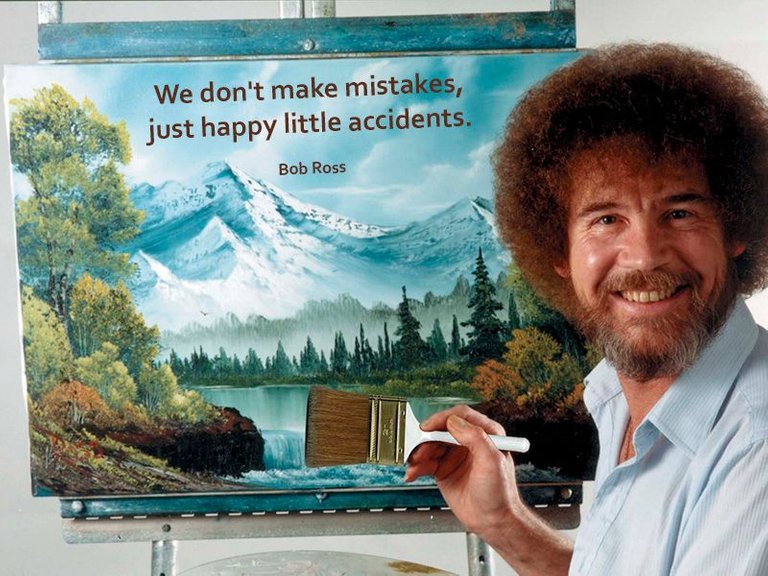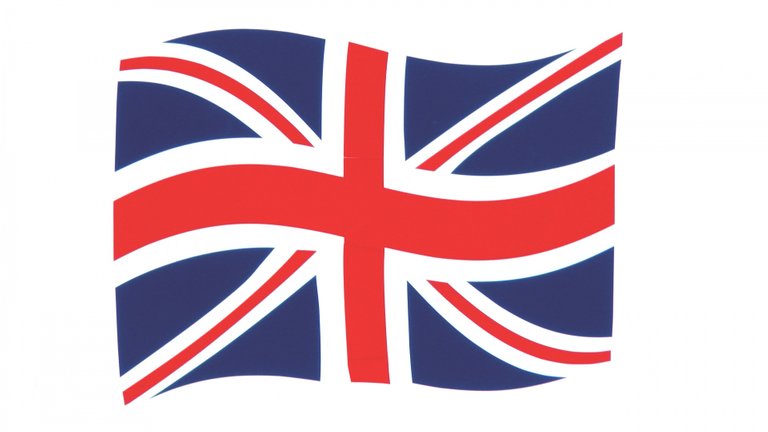Why separate Church and State?
Freedom is paramount. Forcing someone to do something that you think is good (e.g. go to church every Sunday) does not make you a good person and it does not make them good person. It makes you a tyrant and them afraid. Have a religion, tell other people how great it is, but don't use the state to force others into agreeing with you. (Taleb - '..and most of all, [no] religion without tolerance')
Why is this definitely the case though? What is so special about freedom?
A lack of freedom is fragilising. A slave (or compelled follower of a religion, or citizen of a nation with an oppressive government) is wholly reliant on the wisdom and incorruptibility his owner (or grand mufti, or leader of your prevailing socialist movement) - he is fragile. All it takes is one incompetent fool or one monster, using power for the wrong reasons and the slave and all of his fellow captives will be dragged down into the abyss. Play the scenario out for long enough and this will happen. It is a mathematical certainity. 'That which is fragile will collaspe.'
Instead, place the power in the hands of the individual to make his or her own choices and you let the miracle of antifragility do its work. People try whatever they see fit, and what is good survives and prospers. When mistakes, or evil, happen their effects are isolated - they do not cause everyone else to fall down too.
For example, if Duane down the road is a young-earth creationist, but you live in a free country, Duane's scientific ignorance in no way affects your ability to provide value to society by becoming a pioneer in the carbon dating industry. Duane's mistake is low-cost. On the other hand if your official state religion turns out to be rubbish (e.g. Saudi Arabia) you might just end up locking up those whose ideas have the potential to help your country see the light [2].
Similarly if Duane also happens to be a closeted tyrant-in-waiting, you can sleep easy at night knowing that your fellow free citizens know better than to allow their liberties to be encroached. Thus even if Duane got himself elected, he would always be shut down before passing legislation to enslave the nation. For bonus points you have a constitution making sure that the importance of this concept is etched permanently into the history books. On the other hand if your new Crown Prince has an eye-watering amount of power over his civilians (slaves) and apparently designs on even more, you better not be surprised when your free helicopter ride suddenly turns into an audience-participation fireworks display.
Crucially individual liberty allows your society to organically progress by safely harvesting the power of what Bob Ross calls 'happy accidents'. The questions of how to progress a society or what the best religion is are monumentally difficult ones. When you try to answer difficult questions there will be many possible answers and mistakes will be made. For the reasons above you need to delegate the task of making these mistakes to the individuals in your society - and this is done by granting them freedom. Bad ideas will be safely eliminated and you will emerge with the collective current best guess as to the correct way forward.


Jordan Peterson has named the recognition of the sovereignty of the individual as the most profound discovery of the West [1]. The astronomic rise of the United States, as far as I know the freest country in the history of the world with its ingrained individual liberties, from humble beginnings to the world's leading economy is testament to the power of this phenomenon.
Let's not forget why he is right and why our ancestors were right. Let's not stand around while our freedoms are taken away from us. In the UK and elsewhere in the West. If I may get patriotic to close:
The nations, not so blest as thee,
Must, in their turns, to tyrants fall;
While thou shalt flourish great and free,
The dread and envy of them all.
"Rule, Britannia! rule the waves:
"Britons never will be slaves."
Amen.

Caveat
'Freedom' has is to be taken here to have some limits and too much additional freedom all at once could well be fatal (like an overprotected child suddenly thrust out into the world). In the real world every argument can only be taken so far.
Ultimately I suspect members of a free society do have to decide on some universal rules or you have complete anarchy. Societies with the 'freedom to murder' or 'freedom to steal' haven't done very well historically (but who knows maybe they just didn't get it quite right..). So where is the likely limit? The point of minimal necessary restriction of freedom. I don't know. Using evolutionary arguments (see https://steemit.com/philosophy/@fluxrazza/game-theory-religion-and-reality-don-t-laugh-at-the-spaghetti-monster-listen-to-what-he-has-to-say-or-at-least-what-he-tells-you), a good guess would be to look at the set of restrictions which are common to the laws of many different cultures. The Non-Aggression Principle[3] is perhaps roughly what this might look like. We've never quite got there so far in the West (more to come on this shortly).
Notes
[1] http://www.bbc.co.uk/news/world-middle-east-33039815
[2]
It's easy to agree with what you wrote, but I do think you need to emphasis more on the freedom of speech and on the importance of the logos.
Talking in the abstract, it's easy to say that "there is freedom of speech as long as you don't... (insert anything here), and those who claim this what are really saying is that "I'm ok with your freedom of speech as long as what you're saying doesn't bother my sensibilities". This would be, in my opinion, a false notion of free speech, simply because those that claim this would cling to the notion of free speech as long as you are allowed to say something. The notion of free speech does not mean "you are allowed to say something", but it means "you are allowed to say anything", even if what you say is hurtful. If what is being said is hurtful then you have the freedom to ignore or to answer back.
How would a person that is being hurtful and unfair know that they need to reassess their opinion? By using free speech and delivering competent arguments.
How would a person that is doing something wrong know it's doing something wrong without risking to be too late for correcting oneself? By telling that person, with the risk of hurting his or her sensibilities, that what's being done is wrong.
Applying this to a religion is, of course, extremely hard. In part because religions rely heavily on faith and less on factual evidence, in part because most people want/are predisposed to believe in a deity, in part because religions usually had thousands of years to develop their arguments and counter-arguments, in part because those that are willing to engage in religious discourse in a professional manner are not having a discussion, but a debate (as in their position is not one that is willing to accept that they may be wrong, and are willing to defend their position with word power-play instead of talking sincerely).
But, at the end of the day, as the poster said... in order to avoid being subjugated by a religious tyrant, (or any tyrant of that matter) you need freedom of speech as a weapon against tyranny, even if that weapon is as sharp as a butter knife
Got an article in the pipleine on free speech my friend. It involves komodo dragons. Buckle up
Awesome, I look forward to reading it :D
Yeah, the understanding that freedom of speech means the freedom to say anything is something my generation (millennial) needs to understand. What's interesting is they view free speech as a good thing, however when you ask them if a racist should be allowed to speak they have the contrary opinon. We need to understand the true meaning of free speech in order to actually have free speech.
Credit again to N N Taleb
I'm always happy to see a fellow libertarian posting in philosophy!